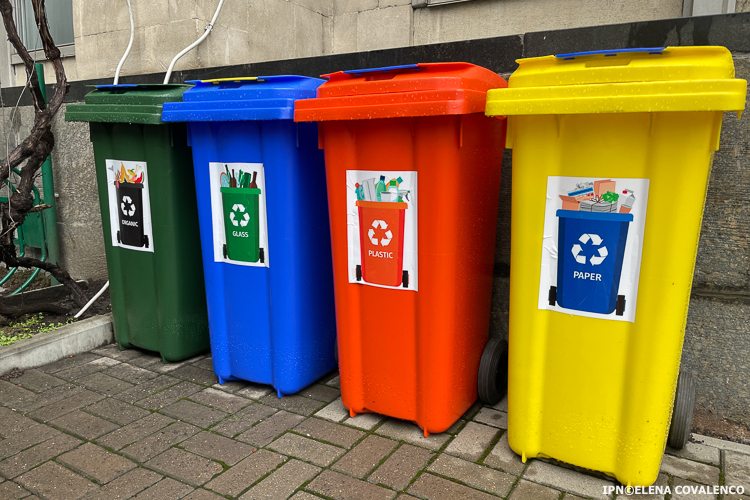
The Ministry of Environment has launched feasibility studies for waste management in regions 4 and 7, which include localities in the Ungheni and Calarasi districts, Chisinau and Balti municipalities. According to the authorities, the studies represent an essential step in modernizing the waste management system in order to identify sustainable solutions to combat the waste problem, IPN reports.
The launch of the studies is part of the "Solid Waste" project, a government program aimed at improving waste management throughout Moldova.
Minister Sergiu Lazarencu said that over the past four years progress has been made in tackling the waste crisis caused by the ineffective policies of previous governments."We have made considerable efforts to get the country out of the garbage, identifying resources from development partners to build the necessary infrastructure".
European Investment Bank representative Stella Renita noted that the EIB remains a committed partner of Moldova and supports key infrastructure projects: "We support the development of a modern and sustainable waste management system in line with European standards".
Feasibility studies will analyze the current waste management situation in Regions 4 and 7, and then assess the infrastructure and technologies needed for waste collection, transportation and disposal, taking into account economic and environmental aspects.
The authorities emphasize that the aim of these actions is to find viable solutions that are sustainable in the long term.
The environment minister added that once the feasibility studies have been finalized, the design and construction of waste management infrastructure in regions 5 and 8 will start.
"All the infrastructure built will be handed over to the regional operators in the municipalities, ensuring the sustainability and efficiency of the waste management system," Sergiu Lazarencu emphasized.
The authorities expect the feasibility studies to be completed by the end of next year and assure that they will form the basis for future decisions on investments in waste management infrastructure in the regions.












